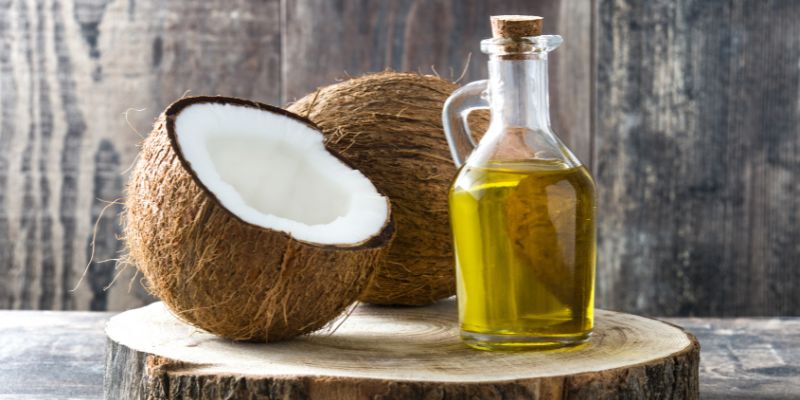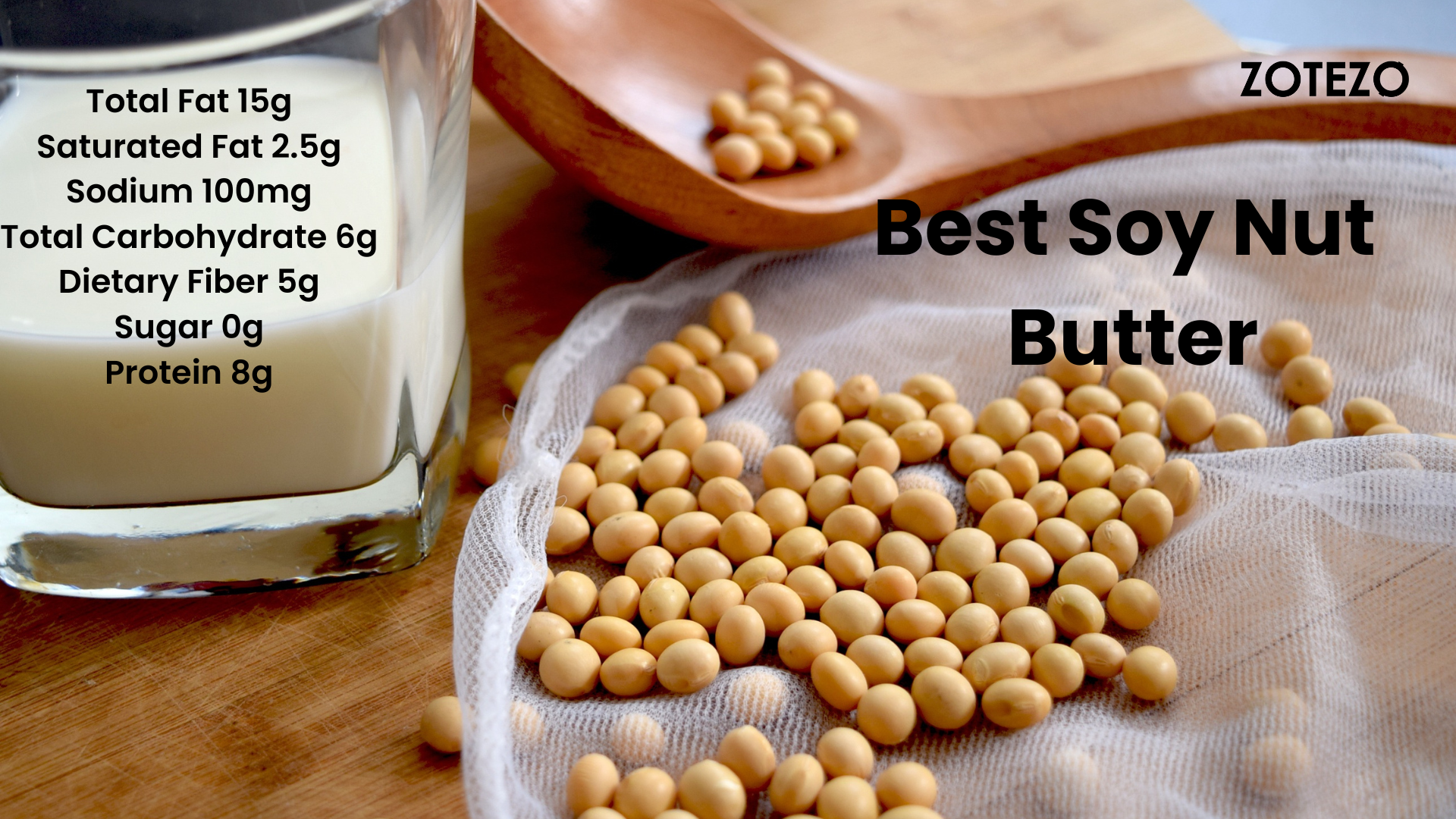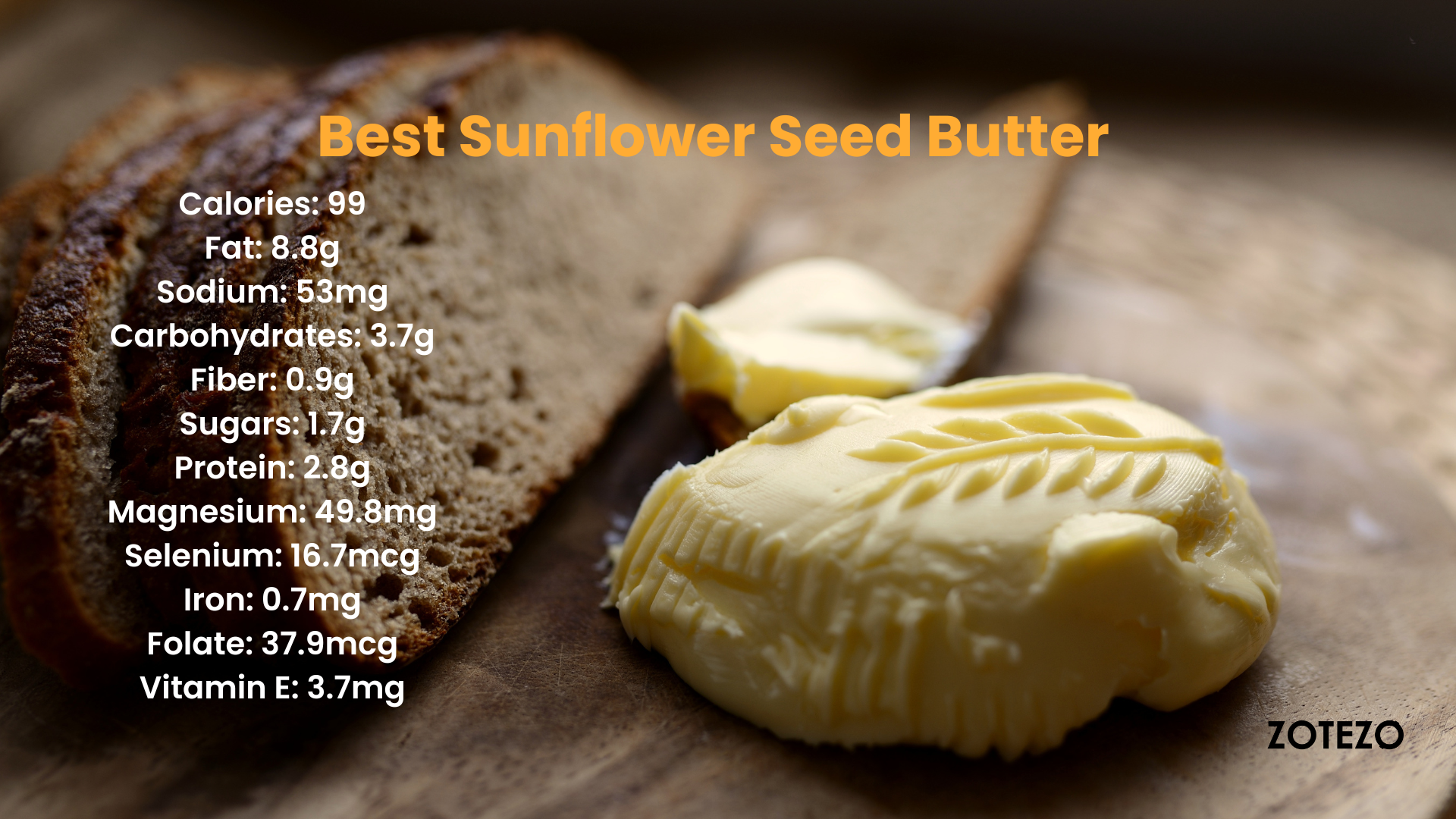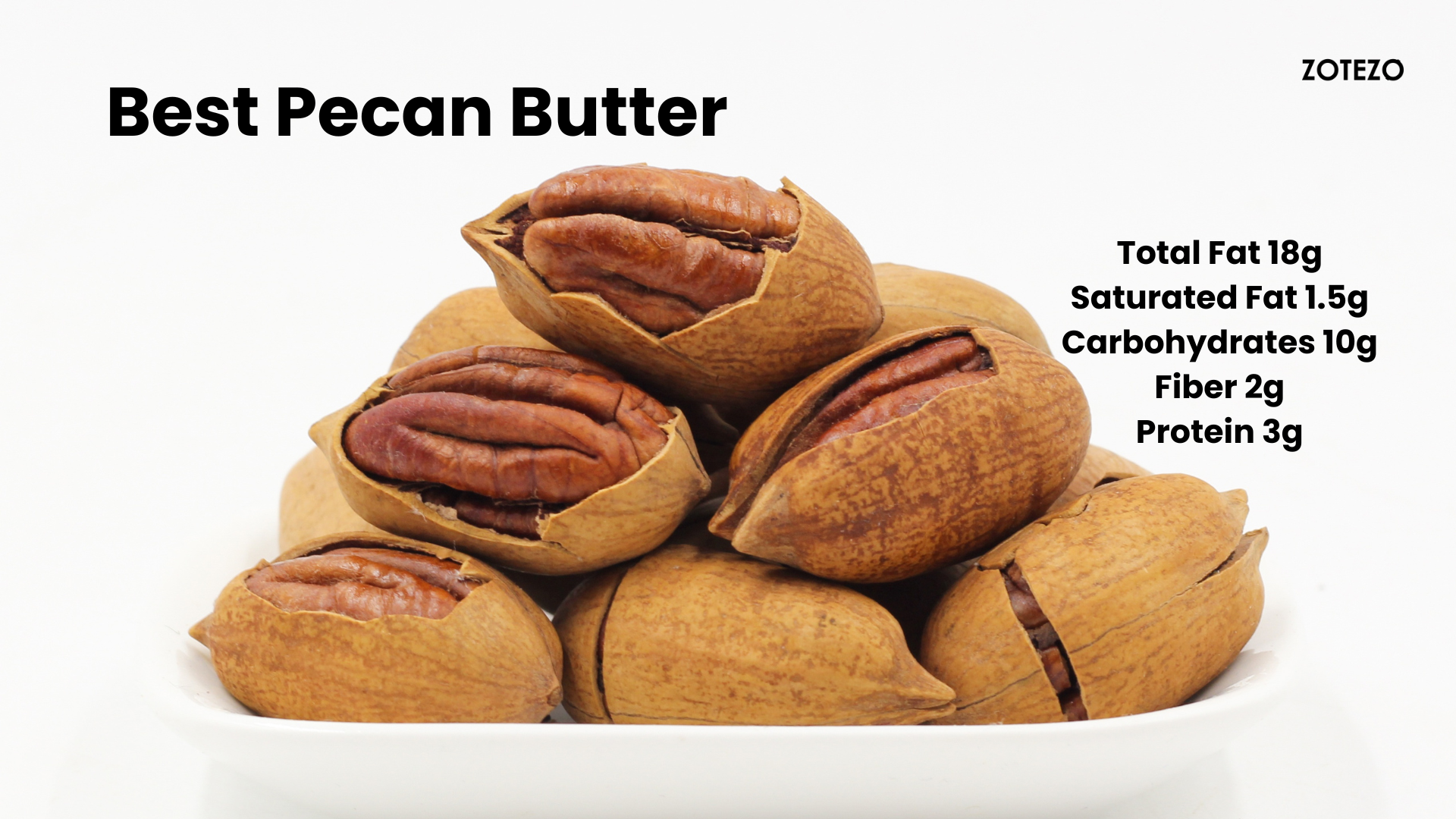Introduction
Looking for that authentic taste of coconut oil in your ‘dosa’ or ‘shrimp stir fry’? Dive right into our list of the Best coconut oils for cooking in India for that irresistible and flavourful escape to the ‘Land of the Gods” – Kerala or the ‘coconuty’ Goan vibes.
Missing those good old days when a coconut oil lamp would light up your powercut days or nights? Or is it your grandmother`s ‘champi’ that would take away all your tiresome tales?
As the chapter unfolds, coconut has been derived from the Portuguese word ‘coco’ meaning ‘head’ or ‘skull’ after the uncanny resemblance to the three indentations that resemble your facial features. Coconut oil is the edible oil curated from the coconut meat or ‘kernels’.
Puzzled over which brands to choose? Which oil type would fit your health cart? What health benefits or shortcomings to look forward to?
We’ve got your sorted!
Delete your troublesome health woes with our list of the Best coconut oils for cooking in India and welcome the essence of a wholesome living.
Thrilled to know more? All set to ignite the fitness lamp with a delicious twist of taste?

Tips for choosing the right Coconut Cooking Oil for you
Oil Types
This factor plays an important role in your fitness chart. You must select the best coconut oil for cooking in India with high nutritional value and less chemical treatments. The virgin coconut oils, organic variants and home-made or traditional coconut oils appear to be the best choice for your good health.
Unrefined coconut oils with its authentic taste and flavour and minimal chemical treatment can also be used as a flavourful option while fractionated and RDB variant may not be the befitting choice for your healthy regime.
Shelf Life
The longevity or the period for which you can use a coconut oil is a compelling factor for your good health. All coconut oil bottles, poches and cans come with a specific manufacturing and use-before date. Consuming a product post its shelf life may cause serious health hazards and is not the right choice for your fitness goals.
You should never select a RBD coconut oil with longer shelf life as its multiple chemical procedures may impact your healthy lifestyle. Instead, settle for the traditional or organic coconut oils as these even with short shelf life yields maximum health benefits for your daily chores.
Brand
This may play a pivotal role when selecting a coconut oil for cooking. Stick to your favourite brands and do not experiment much. Sometimes, branded coconut oils come with maximum nutritional benefits over less popular brands.
Price
Investing in the proper coconut oils is an asset to your health, hair and skin. Settle for the coconut oil which fits your budget without causing any harm to your bodily functions.
Never settle for cheaper options with no nutritional value or harmful chemical treatments. Rather select those with high purity levels and most health benefits.
Different Types of Coconut Oil
Coconut oils can be categorized as:
Virgin coconut oil
It is the least processed type of coconut oil and is extracted from desiccated and ripened coconut meat. With no heat processing, this sort of coconut oils retain their antioxidant properties with a potent coconut taste.
This is the best variety of coconut oils and gives you the maximum health benefit. Due to its unrefined nature, this coconut oil variant is pretty unstable and offers less shelf life in comparison to its processed counterparts.
Organic coconut oil
One of the most natural coconut oil variants with no use of preservatives or high temperature conditions. Mostly comes from organic plants in remote tropical areas, farms without pesticides or from genetically modified crops.
With high nutritional benefits, this coconut oil is one of your topmost picks and is often accompanied by a USDA certification denoting its authenticity.
Traditional/home-made/native coconut oil
This is the most simple and handmade coconut oil variant. It is the most traditional form and comes with a short shelf life. It is the best and the safest form of coconut oil that can be used for consumption and holds the key to your fitness regime.
This traditional coconut oil variant can be prepared in two ways and needs to be consumed shortly. It is yellow in color and has a distinct aroma and taste.
It can either be obtained by fermenting coconut milk for two days followed by a heating process to remove the moisture or by simply boiling the milk to evaporate the moisture content. The remaining solid state of coconut oil is worth consuming.
Unrefined coconut oil
Raw and fresh coconut meat yields unrefined or raw coconut oils. It involves extraction via ‘wet-milling’ (processing the coconut meat to milk which in turn is boiled, strained, fermented and separated from the oil via centrifugal means) or ‘quick drying’ (mechanical squeezing of coconut oils from quickly dried coconut meat) methods.
With no bleaching, preservatives or high temperature, this coconut oil variant retains its authentic properties and the rich taste. This can be easily identified via its clear liquid form or white solidified state.
Refined coconut oil
Dried coconut kernels – ‘copra’ gives you refined coconut oils. High temperature and preservatives remove the contaminants produced during the desiccation process. Frictional or centrifugally processed refined coconut oils are considered safe for consumption.
This variant of coconut oils has a high burning point and is the best option for your high flamed cooking. With high temperature and the use of preservatives this coconut oil is less flavourful than its unrefined parallels.
Hydrogenated coconut oil
Refined coconut oils may be partially hydrogenated and are exposed to high temperature and pressure conditions with added hydrogen and nickel molecules. Such high levels of processing stimulates saturated and trans fats in them and increases their shelf life.
It remains in a soil-form at warmer temperatures and is a less healthy option for your diet. This sort of coconut oil is a common find in your confectionary products and is pretty low on nutritional value.
Expeller pressed coconut oil
This type of coconut oils include a mechanical extraction process with no solvents or chemicals. High temperature and pressure plays a significant role in this oil obtaining method.
Extreme conditions reduce the nutritional value of this coconut oil while its high smoke point makes it the best fit for your high-flamed cooking choices. This form of coconut oil has a lighter flavour than its virgin or raw equivalents.
Fractionated coconut oil
This type of coconut oil is produced via fractionation. It involves separation of fatty acid contents on the basis of their different melting points. The remnant oil in the liquid state comprises the fractionated coconut oil.
This sort of coconut oil is pretty low on goodness quotient and mostly lacks significant elements like lauric acid (a good fatty acid with antifungal, antibacterial and antiseptic properties).
RBD coconut oil
RBD refers to refined, bleached and deodorised form of coconut oil. It involves high levels of processing and is the most unfit choice for your health.
The extraction procedure begins with several phases of purification and processing and is followed by an alkali treatment to eliminate the fatty acid content. The product is then subjected to steam and vacuum followed by a carbon filtration.
The steam and vacuum exposure removes all the flavours and odor from the extracted oil while carbon filtration takes away the yellow shade. Though rich in saturated fats and fatty acid content, this coconut oil lacks its characteristic scent.
With a long shelf life and an affordable price chart, this coconut oil may look like an attractive grab but its high levels of chemical treatments makes this type of coconut oil unfit for a healthy lifestyle.
100% pure coconut oil
Purity can be measured via two parameters – natural and refined. The natural variant of coconut oil is the most accepted form while the refined type involves removal of all useful fatty acids, colors, scent and flavours.
The natural or completely pure form of coconut oils retain important elements like taste, odor, scent and essential nutritional value and is subjected to minimal processing.
Processing imperfections may infuse free fatty acids or high moisture content thus leading to its unstable and unpalatable state.
Thus, 100% pure and natural coconut oil is the best option to keep your fitness cycle active while the 100 % refined variant is nothing less than an unwanted health hazard.
Products listed here are carefully reviewed and tested by our expert authors and reviewers. If you buy through links on this page, we may earn a small commission. Here’s our editorial process.
How we reviewed these products
Benefits of using Coconut Cooking Oil
There are many health merits of coconut oils. They are as follows:
Weight loss
Coconut oil contains saturated fatty acids that stimulate weight loss and helps your brain and body function well. The saturated fatty acids in coconut oil produce good cholesterol and take care of your heart health. The Best Coconut Oils for Cooking in India can indeed make a change in your body.
Treats Alzheimer’s disease
Shorter fatty acid chains called medium-chain triglycerides (MCT) directly reach your liver and get converted to ketones for treatments against epilepsy, Alzheimer’s disease, and other similar ailments. It keeps a check on your heart illnesses such as stroke etc. Lauric acid and monolaurin in coconut oil promote antimicrobial properties.
Mouthwash
Coconut oil serves as a mouthwash and maintains your oral health via the “oil pulling” process. Enriched with MCTs, coconut oils may reduce your hunger pangs via ketone production.
Hydrates dry skin
It hydrates your dry skin, looks after your damaged hair, and forms a prominent component of many cosmetic products like sunscreen lotions.
Enhances the taste of food
The Best Coconut Oil for Cooking in India enhances the taste of food. It is highly beneficial for health.
How to consume Coconut Oils for Cooking
- Cook your meals in coconut oils for a highly nourished and calorific diet
- Saute or fry your sweet dish or savoury treat for a nutty taste and flavour
- Bite on some yummy pastry that is nothing but a product of hydrogenated coconut oils
- Use it as a biodiesel to power your generators or diesel engine cars
- Can be used as your engine lubricant, transformer oil or as a surfactant
- Use the coconut oil derived acids as your natural herbicides
- Use it as a base ingredient for your soaps, creams and body lotions
- Dunk your coconut oil cookies in your morning tea or evening coffee for that refreshing taste and aura
- Use it as a make-remover or face pack ingredient and simply get a naturally glowing skin
- Rub it on your feet, chapped lips or dry hands for that supple and smooth skin during winters
- Sip a spoonful of coconut oil for that utmost immunity boost
- Rub it on your cuts or wounds to promote quick healing and prevent infections
- Apply it on your pet skin to do away with their skin issues
- Apply it on your scalp for a natural treatment to your head lice
- Bid adieu to your ageing woes with a few drops of coconut oil
Understand the who, what & why behind your favourite products
Brand Values | Product Philosophy | Product USPs
Read brand stories, their raison-d'etre, and understand what drives them to caringly create the highest quality products for your well-being.
Brand stories
Frequently asked questions on Coconut Cooking Oil
1. What types of advantages does coconut oil offer?
2. Who is able to use coconut oil?
3. When should I start taking coconut oil, according to you?
4. Should I keep my coconut oil in the refrigerator?
5. How long does coconut oil last?
Expert reviews you can rely upon
Expert Insights | Product Reviews | Connect with Experts
Gain valuable insights and read unbiased product reviews by subject matter Experts on Zotezo, the ultimate trust commerce platform, that empowers millions globally to make informed decisions for their wellbeing.
Expert Advisory
Conclusion
Experienced ‘the coconut oil miracle’ yet?! It is the glue that holds your body together and is the easiest fix to most of your skin, hair and health woes. ‘Cocolicious’ enough?!
Unfit lifestyles with improper cooking options and processed or fast food choices tends to impact your internal and external features. Moreover, the awkward zit that sits on your nose or cheeks actually sets on your ‘monday blues’!
As the saying goes…’better health through better living’… coconut oil – ‘the healthiest oil on Earth’ is that ‘natural elixir’ which keeps a check on your health goals with lip-smacking and delicious cooking choices. With several health benefits, this cooking oil is your key to a healthy and prosperous living.
All set to activate your ‘cocoholic’ mode? We hope that our article on the Best coconut oils for cooking in India helps you to perfectly illuminate your health lamp and set the ground for a robust well-being.
Craving for a coconut ladoo?! Was this article relatable to your regular cooking worries? Were these coconut oils a part of your shopping list as well?
Ready to link in the comment box below? Do share the ‘appetizing secrets’ with your families, loved ones and amigos.
Do keep us posted on the best coconut oils for cooking in India that gives you the maximum health merits with a dash of delectable treats.




